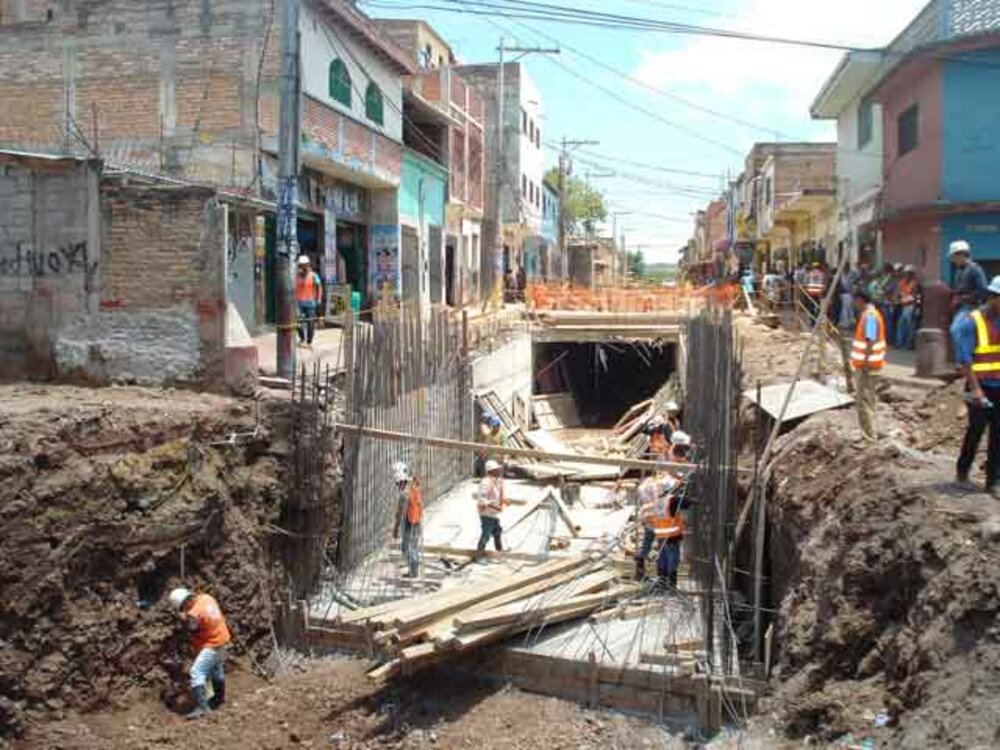Amendments to the CABEI Constitutive Agreement enable it to increase its capital

Member countries have access to increased funding for project execution.
Tegucigalpa, January 10, 2017(CABEI/AFP SERVICES). The Board of Governors of the Central American Bank for Economic Integration (CABEI) approved amendments to the Bank’s Constitutive Agreement, which enabled the Dominican Republic and Panama to increase their share capital.
In addition, the amendments resulted in a modification of Belize’s status from a beneficiary member country to a non-founding regional member country.
The decision, which was approved by the Board of Governors and came into effect in June 2016, seeks to ensure that non-founding regional members receive the same attention as founding members, and that the Bank's equity structure reflect the same governance of the Central American Integration System (SICA).When they joined CABEI, the Dominican Republic and Panama (2004 and 2005 respectively) had a share capital of US$57.6 million.
Subsequently, they decided to increase their subscription to US$256 million each, resulting in an increase of cash capital payments amounting to US$98 million, US$49 million each. In the case of Belize, its capital subscription amounts to US$25 million.
The amendments will allow the Dominican Republic and Panama to expand financing spaces for the execution of economic and social infrastructure projects, in addition to guaranteeing them a titular seat in the CABEI Board of Directors.
CABEI Financial Manager, Mr. Hernán Alvarado, stated that the amendments will contribute to achieving regional integration and are part of the development strategy implemented by the Bank to consolidate itself as the main provider of resources to the Central American region.
Mr. Alvarado explained that CABEI has approved financing for significant infrastructure and renewable energy projects in the Dominican Republic, such as the Palomino Hydroelectric Project, the Coral Highway and the improvement and expansion of the Eastern Road Corridor.
With regard to Panama, the amendments to the Constitutive Agreement have allowed the approval of more financing for new projects with a high impact on development, such as the construction of Metro Line 2 approved in 2015 and the Panama Bay Sanitation Project in 2016.
As a result, CABEI will be able to consolidate its financial position and maintain a positive rating with international risk rating agencies. It will also increase its capacity to attract greater resource amounts in better conditions to finance programs aimed at fulfilling its institutional mission of promoting the economic integration and the balanced social development of the Central American region.
Currently, CABEI has the following credit ratings: Moody's (A1), Standard & Poor's (A), Fitch Ratings (A) and Japan Credit Rating (AA-).With respect to Fitch Ratings, factors that influenced its evaluation include the Bank’s stable capital position, conservative capitalization policies, moderate growth and contributions from its member countries.
The rating agency also made recommendations that could contribute to improving the Bank’s risk profile; they include reinforcing actions with less exposure to the private sector, maintaining a solid reserve coverage and gradually reducing the Institution's loan concentration. In addition, the agency stated that the amendments made to the Constitutive Agreement will facilitate the diversification of risk because they promote capital growth, strengthen the Institution's preferential creditor status and improve its governance.
For its part, Standard & Poor's (S&P) granted CABEI a rating of "A" and "A-1" in the category of long and short-term international risk, reflecting the Bank’s significant growth in Central America and the strengthening of its relationship with its member countries.According to S&P, the positive outlook reflects CABEI’s recent efforts to expand its shareholder base, increase its paid-in capital and diversify its loan portfolio. The amendments entered into force on June 9, 2016.











